In context of this question/answer I've attempted but the result is no alert presented.
func application(_ application: UIApplication, didFinishLaunchingWithOptions launchOptions: [UIApplication.LaunchOptionsKey: Any]?) -> Bool {
// Override point for customization after application launch.
let alertController = UIAlertController(title: "Error", message: "ABc", preferredStyle: UIAlertController.Style.alert)
alertController.addAction(UIAlertAction(title: "OK", style: UIAlertAction.Style.default, handler: nil))
let win = UIWindow(frame: UIScreen.main.bounds)
let vc = UIViewController()
vc.view.backgroundColor = .clear
win.rootViewController = vc
win.windowLevel = UIWindow.Level.alert + 1 // Swift 3-4: UIWindowLevelAlert + 1
win.makeKeyAndVisible()
vc.present(alertController, animated: true, completion: nil)
return true
}
Attempt 2 based on the answer.
